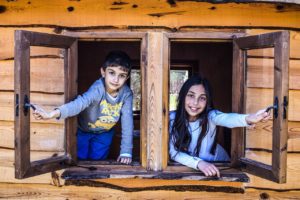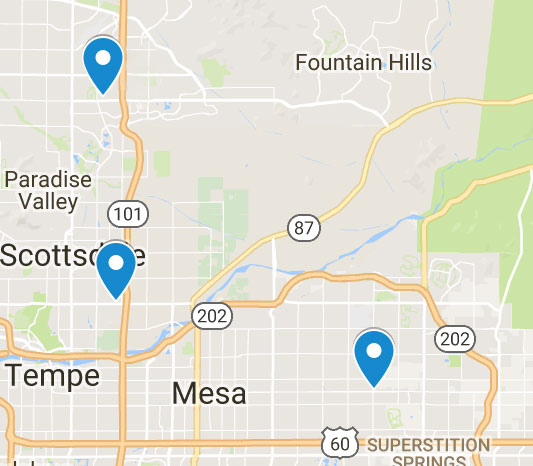 When your child is diagnosed with hearing loss, it can be scary and uncertain. You worry about what the future will hold for them and how their life will be impacted. With early intervention, hearing loss treatment and continued hearing loss therapy, your child’s future can still be brighter than ever. These two key components of coping with childhood hearing loss, combined with introducing your child to other children with hearing loss, is going to give them the best chance at achieving whatever goals have been set.
When your child is diagnosed with hearing loss, it can be scary and uncertain. You worry about what the future will hold for them and how their life will be impacted. With early intervention, hearing loss treatment and continued hearing loss therapy, your child’s future can still be brighter than ever. These two key components of coping with childhood hearing loss, combined with introducing your child to other children with hearing loss, is going to give them the best chance at achieving whatever goals have been set.
Early intervention is important
According to the American Speech Language Hearing Association, the Individuals with Disabilities Education Act IDEA ensures that children who have hearing loss receive free, appropriate early intervention programs from birth to age 3, and throughout the school years, ages 3 to 21.
These early intervention programs and family-centered activities are essential. They will help your child stay on schedule with his or her speech, language, and communication skills. They will also enhance your own understanding of your child’s hearing loss and special communication needs. These programs support your family in a way that helps you feel confident in raising a child with hearing loss. These programs are designed to help keep track of your child’s progress and to make decisions for intervention and education each step of the way as your child develops.
The earlier that hearing loss occurs in a child’s life, the more serious the effect on the child’s development. Similarly, the earlier the hearing loss is identified and intervention begun, the more likely it is that the delays in speech and language development will be diminished. “Recent research indicates that children identified with hearing loss who begin services before 6 months old develop language spoken or signed on a par with their hearing peers.”
Continued hearing loss therapy is vitally important
After hearing loss treatment, continued hearing loss therapy can also support successful growth. As you can read about in one article, theater can be therapeutic. Similarly, another article discusses summer camps for kids with hearing loss. Here, they are able to make friends and make memories without worrying about their hearing loss or their limitations.
These types of programs help to improve oral language, social skills, communication and self-esteem. Including your children into programs or activities with others dealing with similar issues can help them to cope. In the first article, the program director noticed a pattern; students who’d had more early intervention, also had improved speech and reading ability. She also noticed that low-income students were slipping through the cracks and created a program to ensure that they were being supported through free enrichment programs, too. All children deserve the chance to enroll and find increased success no matter what income level they come from.
Our audiologists can help your child
Our audiologists are prepared to help with the early intervention and treatment of your child’s hearing loss. We also encourage you to discuss with us some of the options for continued therapy. Like you, we want the absolute best for your child and to help them hear well so that they can enjoy a future that is a little bit brighter.

